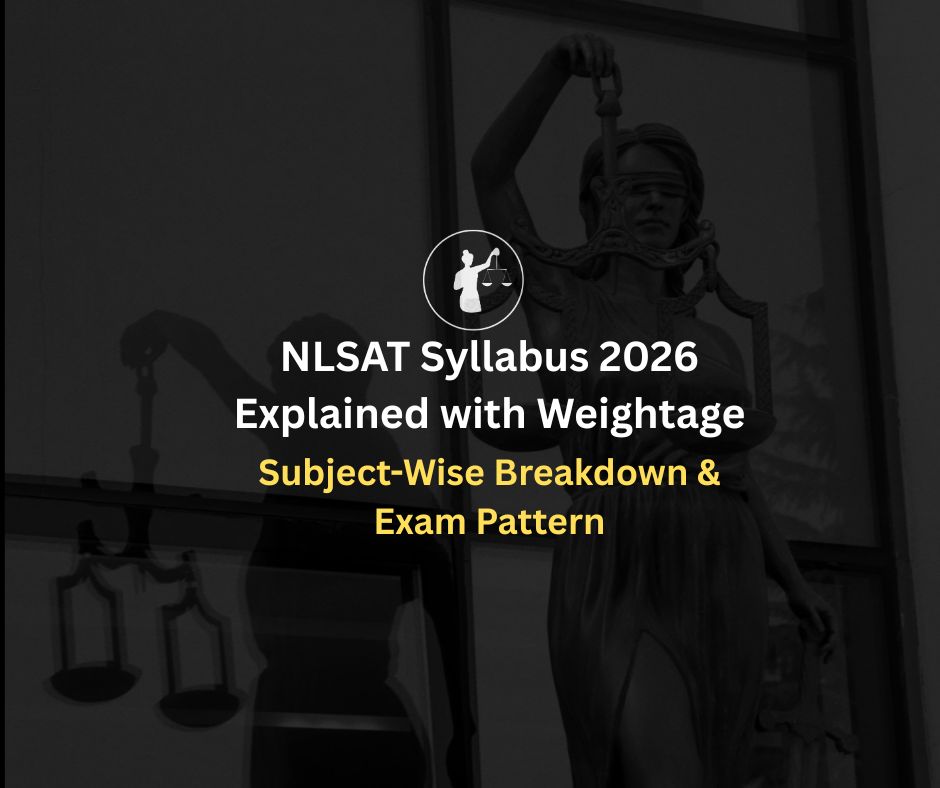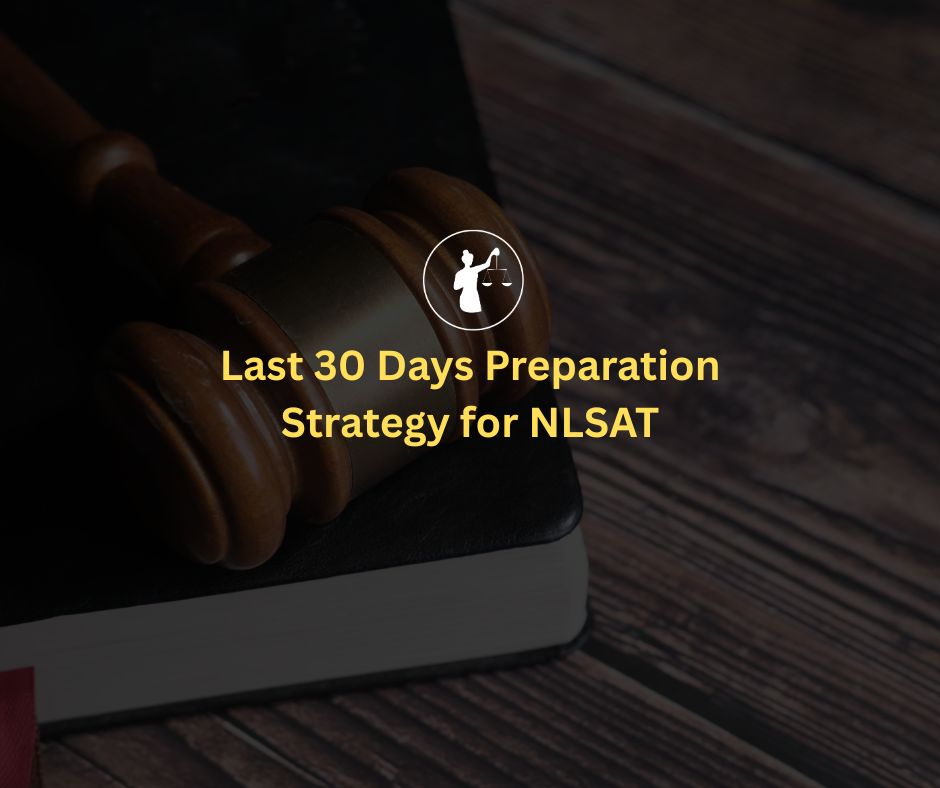Preparing for NLSAT 2025 is a journey that requires strategic planning, and one of the most effective strategies is analyzing NLSAT previous year papers. This not only helps you familiarize yourself with the exam pattern but also allows you to understand the types of questions asked and assess the areas where you need improvement.
Here’s a step-by-step guide on how to analyze these papers and boost your preparation for NLSAT 2025.
Before diving into NLSAT previous year papers, it’s essential to understand the exam pattern. The NLSAT is divided into two parts: Part A (objective), covering areas such as legal aptitude, analytical ability, and general knowledge. Reviewing previous year papers gives you a clear idea of how these sections are structured, how they are weighted, and the types of questions that are frequently asked in the exam. This will allow you to tailor your preparation to focus on the most important areas for NLSAT 2025.
Action Tip:
When analyzing each NLSAT previous year paper, take note of the distribution of questions across different sections. Compare how they align with the syllabus of NLSAT 2025, ensuring you give priority to heavily tested areas.
Analyzing NLSAT previous year papers is a strategic way to identify recurring topics and question patterns. By examining these papers, you can pinpoint which areas—be it legal reasoning, current events, or other subjects—are most frequently covered. Understanding these trends allows you to focus your study efforts on the topics that are most likely to appear in NLSAT 2025.
Action Tip:
Compile a list of the most commonly asked topics from each section of the previous year papers. Use this list to guide your study plan, ensuring that these key areas are thoroughly reviewed. This targeted approach helps you prioritize your preparation effectively and boosts your chances of success in NLSAT 2025.
One of the most valuable aspects of analyzing NLSAT previous year papers is the ability to assess your own performance across different sections of the exam. As you review these papers, pay close attention to areas where you consistently excel and those where you find yourself struggling. This self-assessment is crucial for developing a targeted study strategy that addresses your specific needs.
Action Tip:
For every NLSAT previous year paper you analyze, rate your performance in each section on a scale (e.g., 1-10) to quantify your strengths and weaknesses. Based on this rating, allocate more study time to sections where you score lower. This focused approach allows you to address your weaknesses and enhance your overall performance for NLSAT 2025.
By systematically assessing your strengths and weaknesses, you can develop a more effective and personalized study plan that maximizes your preparation efforts and improves your chances of success in NLSAT 2025.
One of the significant advantages of working with NLSAT previous year papers is the opportunity to enhance your time management skills. Practicing under timed conditions helps you understand how to effectively allocate your time between different sections of the exam, particularly between the objective (Part A) and subjective (Part B) sections.
To excel in this part, it's essential to thoroughly analyze previous year papers and understand the nuances of the essay questions and legal prompts.
How To Prepare For NLSAT 2025 - Preparation Strategy, Trends, Books & More
Analyzing NLSAT previous year papers is an invaluable tool in your NLSAT 2025 preparation strategy. By understanding the exam pattern, identifying frequently asked topics, improving your time management, and assessing your strengths and weaknesses, you can sharpen your skills and increase your chances of success.
Remember, consistency is key regular practice with these papers will significantly boost your confidence and performance in the exam.





